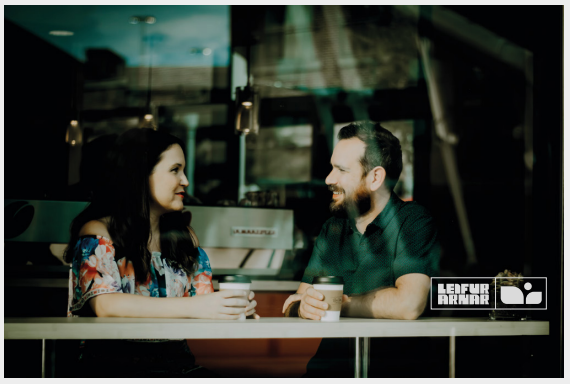Leifur Arnar - Food waste project
Leifur Arnar - Food waste project
The Leifur Arnar project aims to raise awareness about the climate, environmental, and the effects of food waste and the use of prepared food packaging.
The project has two objectives:
- Reduce food and packaging waste in restaurants by implementing the "Leifur Arnar" packaging system, which allows people to take food with them (take-out or leftovers) in compostable packaging.
- Creating an incentive system to ensure that restaurants operate in accordance with climate 'rules':
- Reduce food waste with the Leifur Arnar system
- Collect and return all used frying oil for biodiesel production.
- Collect and return all organic waste for composting.
The participating restaurants will receive signs that can be placed in restaurant windows, on menus, and on the website, as well as instructions for employees to hang in the kitchen or staff facilities.
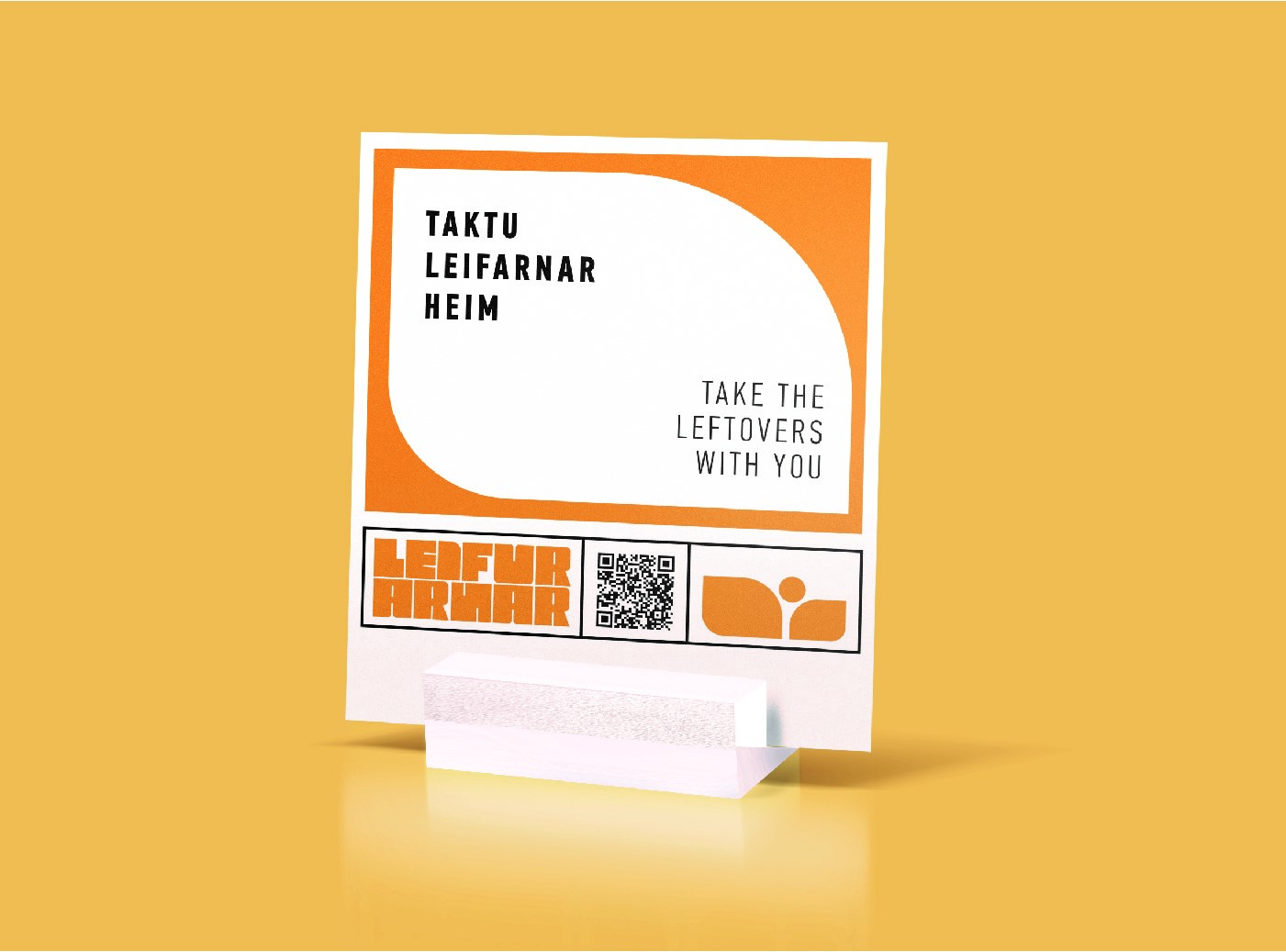
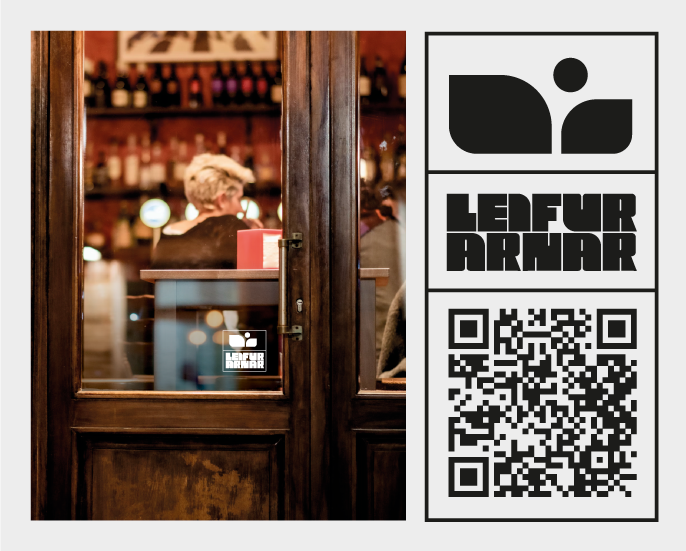
State actions - climate benefits:
Climatic effects are significant. According to a preliminary project analysis, a typical restaurant generates approximately 500 litres of frying oil and 15 tons of organic waste per year. This means that a restaurant that does not return oil to biodiesel production and disposes of organic waste in a general landfill emits 21 tons of CO2 per year more than a restaurant that does return oil and organic waste to the proper channels. Furthermore, less food waste from leftover trays will result in lower emissions, which are difficult to quantify. As a result, there are numerous advantages to reaching out to restaurants
Iceland is committed to achieving the Paris Agreement's goals. According to the state's action plan, "it is estimated that waste emissions will have decreased by 104 thousand tons of CO2 equivalents by 2030."
As a result, this project fits nicely into the state action plan.
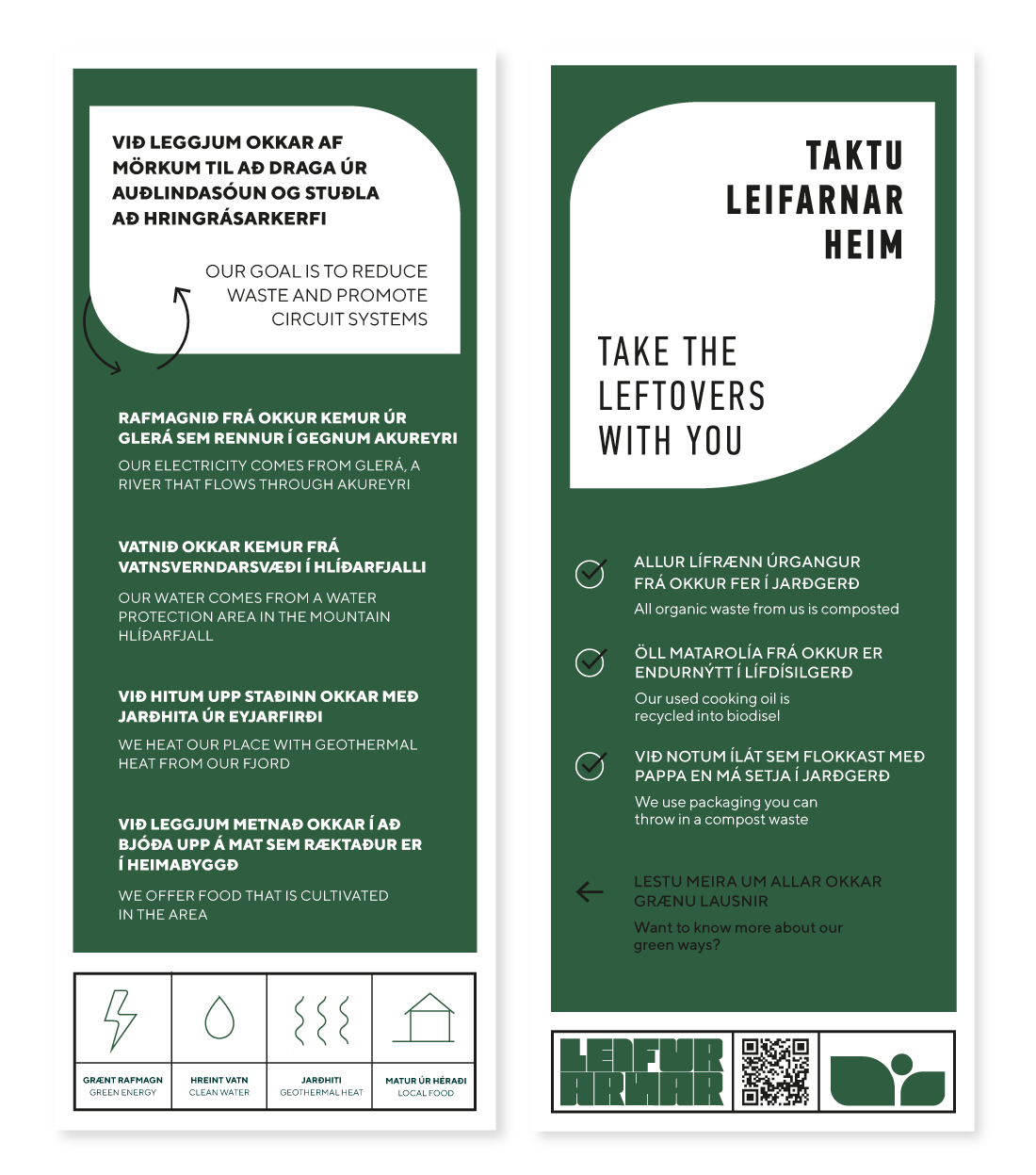
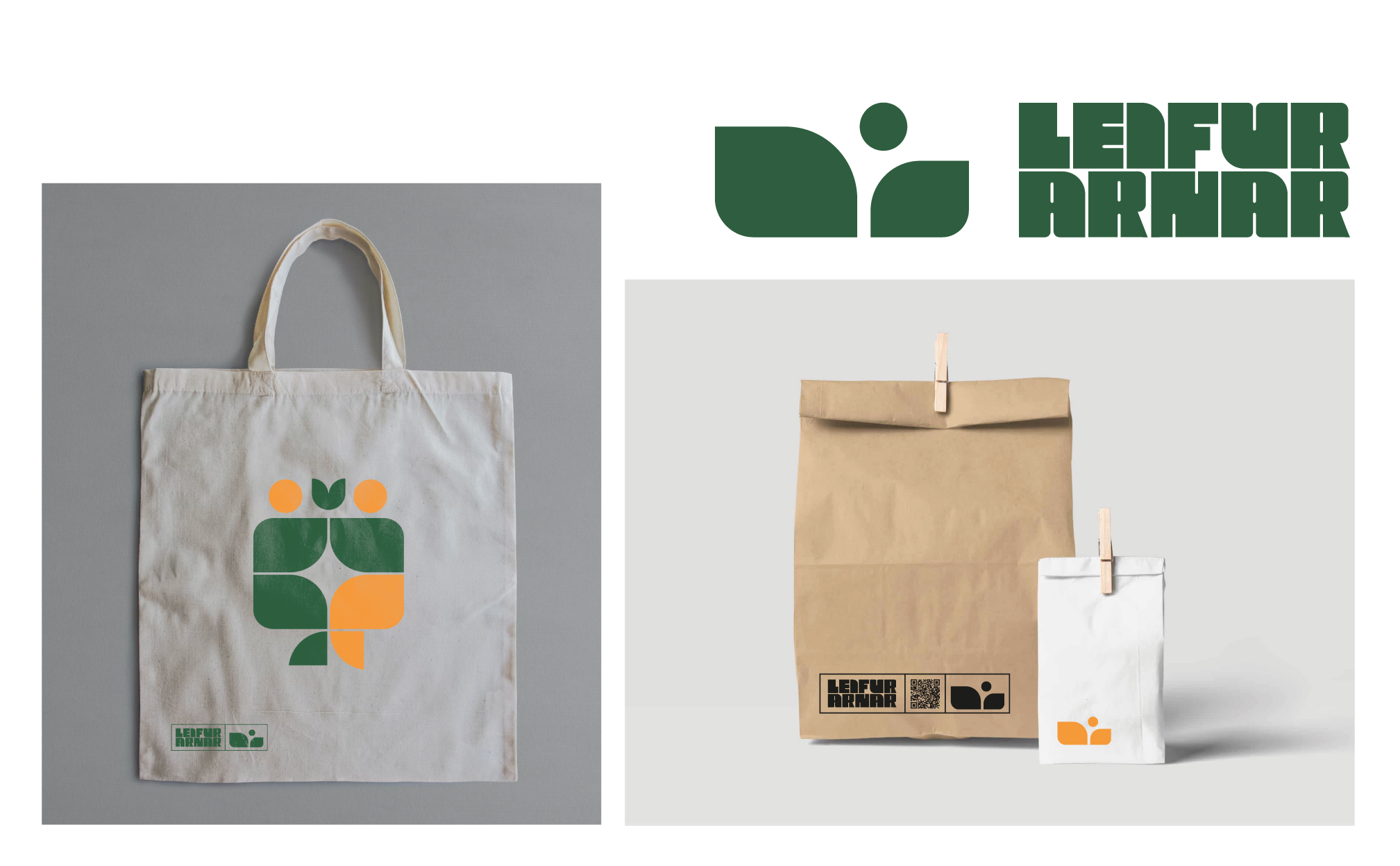
The designer for the Leif Arnar project is Ingibjörg Berglind Guðmundsdóttir from Cave Canem Design Studio.

